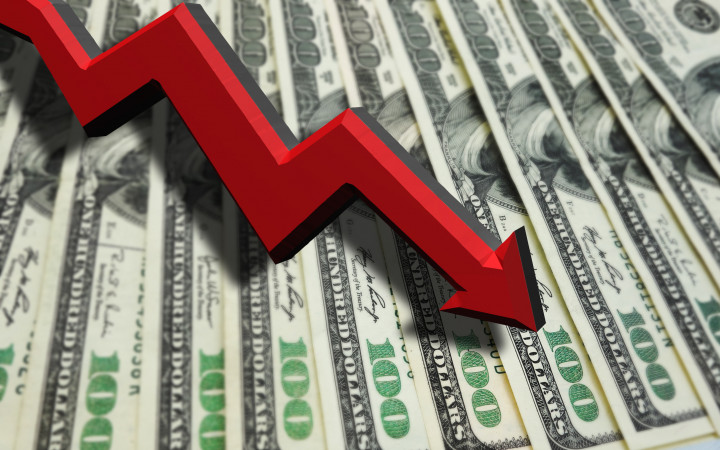Today’s Wonder of the Day was inspired by Christian. Christian Wonders, “What is a recession?” Thanks for WONDERing with us, Christian!
Have you ever heard of the Great Depression? It was a very bad time for the American economy. Many people couldn’t find jobs. Some lost money on the stock market. Many even lost their homes.
Luckily, America hasn’t seen another economic depression since the 1930s. However, another event in the economy is much more common. Just like a depression, it can really hurt people’s pocketbooks. What are we talking about? A recession, of course!
A recession happens when the economy drops for at least six months. How can we tell the economy drops? By looking at a few different factors. These include gross domestic product (GDP), income, employment, manufacturing, and retail sales.
GDP is the total value of a country’s goods and services. In most places, GDP is measured each year. When GDP falls, it’s a sign that a recession is happening. Of course, a recession will also see a drop in employment. That means fewer people will have jobs.
When people lose their jobs, they stop earning income. Due to this, they also spend less money. That means retail sales will drop because fewer people are shopping. This causes a drop in manufacturing because there’s less need for new products.
When economists notice these trends, they might say that a country is going through a recession. How often does a recession happen? The answer might surprise you! Recessions are more common than many think. Since the Great Depression, America has experienced 13 recessions.
Some economists try to predict when a recession will happen. To do so, they pay close attention to the trends in manufacturing and sales. If economists can warn that a recession is coming, people have time to prepare.
So what’s the difference between a recession and a depression? Basically, a depression is a recession that lasts a long time. Typically, a depression lasts 3-4 years. The Great Depression lasted 10 years.
Recessions also vary in length. Some only last months. The Great Recession of 2008 lasted 18 months. During that time, GDP dropped and unemployment rose to 10 percent. Luckily, the Great Recession ended in October 2009.
Still WONDERing how worried you should be about a recession? While they may sound scary, recessions are a normal part of the economy. The best way to prepare is to save money when you can and practice healthy spending. With good financial habits, you’ll be ready when the next recession comes along.
Standards: C3.D2.Eco.11, CCRA.R.1, CCRA.R.2, CCRA.R.4, CCRA.R.10, CCRA.SL.1, CCRA.SL.1, CCRA.W.3, CCRA.L.1, CCRA.L.2




